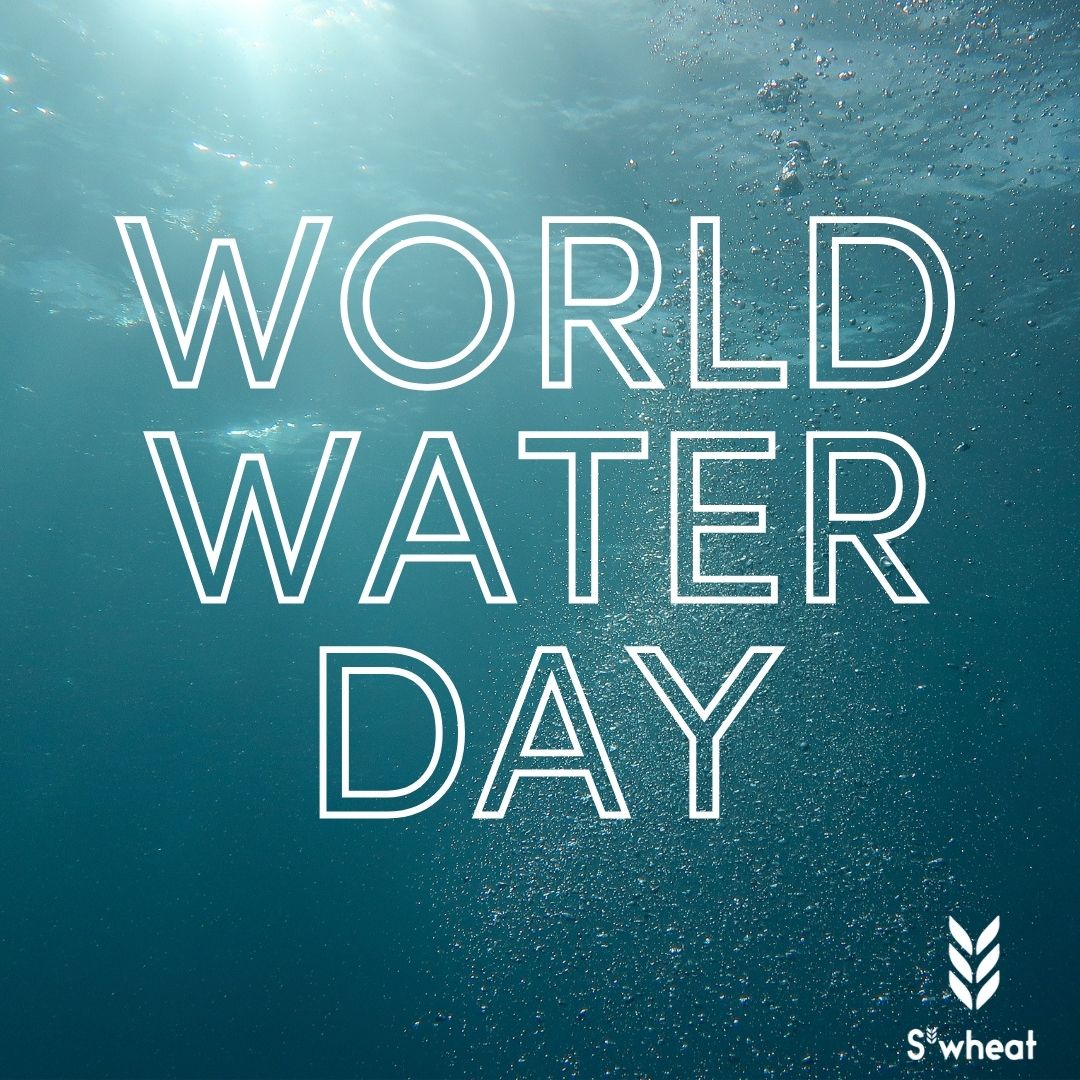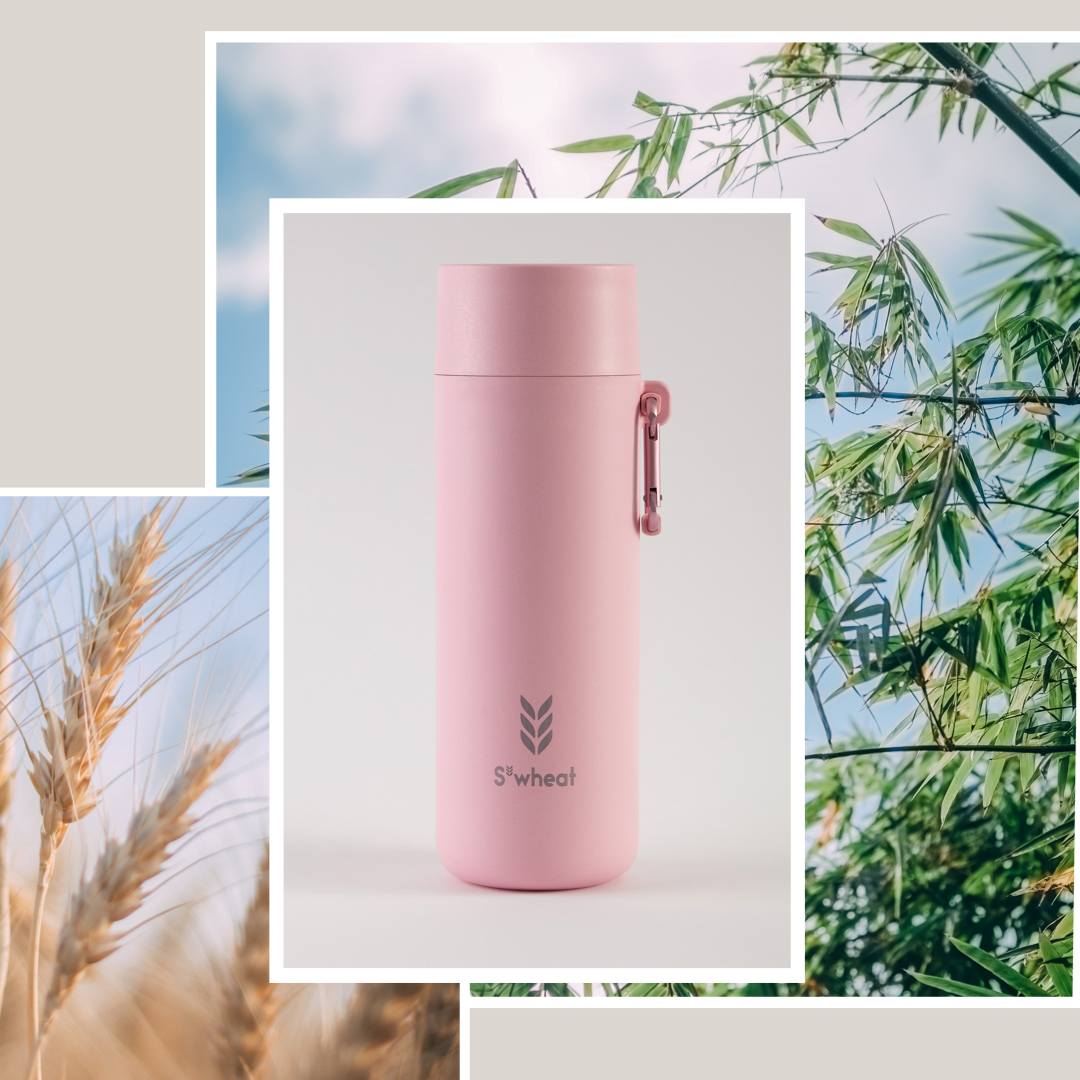World Water Day occurs every year on March 22nd and aims to tackle the ongoing crisis regarding a lack of clean, safe drinking water for over two billion people.
For 2022, the focus is on groundwater: “Making the invisible visible.” Groundwater comes from precipitation and fills rivers, lakes and oceans, and provides a huge amount of our drinking water, alongside other basic necessities such as food production and sanitation.
Although groundwater has many uses, much of it is heavily polluted, which means that it either cannot be utilised or can be at an excessive cost. Although there is a limited supply, groundwater is often taken for granted. If used sustainably, it could be vital for adjusting to and fighting against climate change, as well as moving towards solving the clean water crisis.
Plastic Pollution
Single-use plastics (such as plastic water bottles) are detrimental to both yourself and the planet. It has been found that less than nine percent of all plastics are recycled, and those that aren’t are generally thrown to landfill or incinerated, releasing harmful greenhouse gases which are responsible for trapping heat in the atmosphere, increasing the rate of global warming. Many plastics could take more than four hundred years to decompose, so they’re not easy to get rid of. They’re not cheap to produce, either: in 2019 alone, plastic production cost an astronomical $3.7 trillion according to WWF. This number is estimated to double in the next two decades.
It’s predicted that by 2050, the plastic in the ocean will outweigh all marine life; around ten million tons of plastic is dumped in the ocean every year, killing one million marine animals annually. Many animals, both in the ocean and on land, are put in danger due to getting tangled in plastic rubbish such as shopping bags or six-pack rings, or they digest so much plastic their organs are damaged, or they starve due to plastics blocking the digestive tract.
Health risks
Plastics are unfortunately ingested by animals far too often, which many times will end up being consumed by humans. Over twelve thousand chemicals are used to produce single-use plastic, which can be transferred to our food and drink. These chemicals have been said to hold similar risks to asbestos, and are known to increase the risk of illnesses such as certain cancers, impaired immunity and neurological disorders. Even reusable plastics can pose a threat to your health. Aside from the bacteria and mould that can accumulate in plastic bottles and containers, more than 400 different substances have been identified in reusable plastic bottles. Although they are more environmentally friendly than plastic ones, even metal water bottles are the perfect breeding ground for bacteria due to the heat insulation, which can also cause an unpleasant taste and smell.
Why choose S’wheat?
Here at S’wheat, we make our bottles from wheat straw and bamboo fibre which would have otherwise been put to waste, meaning it is sustainably produced and biodegradable. Additionally, with every sale we plant a trackable native tree and remove 25 bottles worth of plastic from the ocean. The material is naturally antibacterial and the lid unscrews fully so it is easy to clean and always tastes exactly the way it should (and it’s odour free!) It is also ideal for any and every activity, from working from home or in the office, long journeys or outdoor adventures as it’s lightweight, holds 550ml of your drink of choice - hot or cold - and comes with a sturdy carry clip, perfect for attaching to your bag. S’wheat also offers co-branded bottles where we laser engrave your logo on the bottle, so if you’re stuck for gifts for your employees or clients you’re in luck. Our bottle is also resistant to leaks, so whether you’re hitting the gym or on a bumpy car ride, simply slide the mouthpiece to open or lock it shut. It is also completely melamine-free, BPA-free and contains no toxic chemicals… All natural!
What can I do to make a difference?
If you want to make more sustainable choices this World Water Day, try out these simple tips:




Leave a comment
All comments are moderated before being published.
This site is protected by hCaptcha and the hCaptcha Privacy Policy and Terms of Service apply.